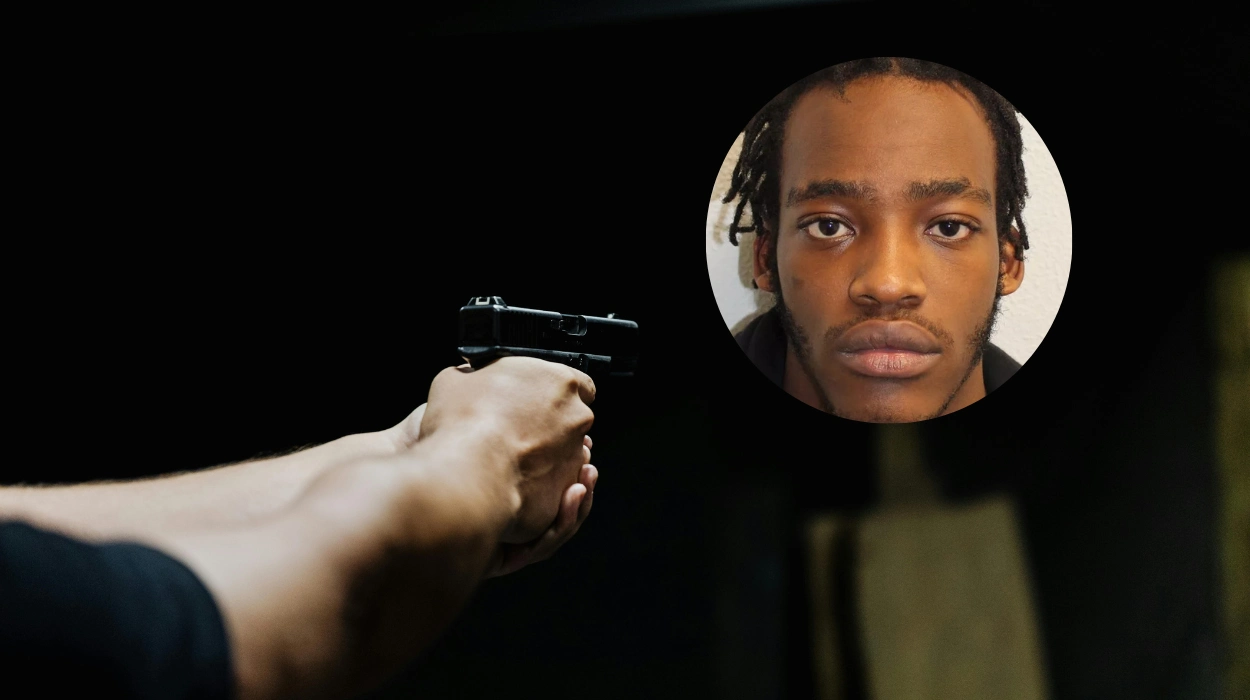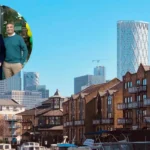Key Points
- Bailey McKenzie, aka “Billy Billions,” sentenced to 33 years in prison for a 2020 Hackney shooting using new digital forensic technology.
- The shooting involved five innocent men, with one left permanently blinded.
- McKenzie was convicted of conspiracy to murder and possession of a firearm with intent to endanger life.
- Three of McKenzie’s gang members—Reuel Briscoe, Julien Kalala, and Dalvane Greenaway—had previously been convicted and sentenced.
- The incident stemmed from territorial gang disputes in the E8 postcode area.
- Victims were uninvolved young men celebrating a birthday.
- Investigation took nearly five years, using digital forensics introduced in 2023.
- Detective Superintendent Matthew Webb emphasised the no-tolerance stance against gang violence.
- Victims’ families expressed the deep, lasting impact of the shooting.
What Happened in the Hackney Shooting of 2020?
As reported by the Metropolitan Police Service on 2 October 2025, Bailey McKenzie, also known as ‘Billy Billions’, was sentenced at the Old Bailey to 33 years in prison for his involvement in a gang-related shooting that took place on 14 December 2020 in Hackney. Five innocent men, aged between 21 and 22, were shot at while inside a car, celebrating a friend’s birthday in Middleton Road. One victim was left permanently blinded as a result.
The shooting was a consequence of a gang rivalry in the E8 postcode area, where McKenzie and his associates, Reuel Briscoe, Julien Kalala, and Dalvane Greenaway, were engaged in territorial disputes with rival gangs. The four men used social media to glorify violent crimes in the lead-up to the incident.
Detective Superintendent Matthew Webb, who led the investigation, described the attack as “harrowing” with a “life-changing impact” on the victims and their families. He criticised the offenders’ lack of remorse and emphasised the importance of justice for the victims.
How Was Bailey McKenzie Linked to the Crime?
Bailey McKenzie was not physically present at the scene, but new digital forensic technology introduced to the Metropolitan Police in 2023 played a crucial role in tying him to the crime. This technology provided officers access to additional digital evidence, including social media communications and group chats used for planning violent incidents.
McKenzie was found guilty of conspiracy to murder after a three-week trial concluded on 15 July 2025. He had already been convicted in April 2024 for possession of a firearm with intent to endanger life. The current sentence of 33 years reflects both convictions.
The court heard that McKenzie planned the ride-out on the night of the shooting and supplied the firearm used in the attack. Three other gang members, Briscoe, Kalala, and Greenaway, were in the vehicle that fired multiple shots at the innocent men’s car.
Who Are the Other Convicted Gang Members?
Reuel Briscoe, 32, of no fixed address, was sentenced to a minimum of 34 years in October 2022 for conspiracy to murder and possession of a firearm with intent to endanger life.
Dalvane Greenaway, 24, from Munro Way, Hackney, received a 28-year sentence in July 2023 for conspiracy to commit murder and firearm offences.
Julien Kalala, 27, of Dalston Lane, Hackney, was sentenced to 34 years in July 2023 on similar charges.
Each of these men played a direct role in the shooting, firing shots at the wrong vehicle where the innocent young men were seated.
What Is the Impact on the Victims and Their Families?
In a victim impact statement read in court, the family of the man left with life-altering injuries shared their grief:
“Before the shooting, he was an outgoing young man with a bright future and was at university studying to become an accountant. They shot an innocent man, a young man who had a lot to offer society, a young man who is loved by many. Although still alive, he was robbed of his future.”
The shooting not only caused physical harm but also inflicted deep emotional suffering on the victims and their families, highlighting the lasting consequences of gang violence on innocent lives.
How Did the Police Conduct the Investigation?
The police swiftly identified the suspects through CCTV footage showing the vehicle used in the attack. Reuel Briscoe was arrested the day after the shooting. Forensic analysis of his phone uncovered vital evidence, including a group chat used by the gang to coordinate violent incidents.
The investigation, which spanned nearly five years, was supported by the Crown Prosecution Service. Detective Superintendent Matthew Webb credited the determination and professionalism of the investigation team and partners who secured lengthy sentences for all the perpetrators.
He reiterated a strong message to those involved in violent gang activity:
“You do not own the streets. We will not tolerate your violent acts, and we will bring you to justice”.
What Broader Issues Does This Shooting Highlight?
This case exemplifies the dangers of territorial gang disputes in London and the tragic consequences for innocent bystanders caught in the crossfire. It also highlights the increasing role of digital forensic technology in modern police investigations, enabling authorities to link suspects to crimes even without physical presence.
The severity of the sentences handed down reflects the judiciary’s commitment to addressing violent crime and protecting communities from gang influence.
Detective Superintendent Webb’s remarks underscore the need for continued vigilance and firm policing to disrupt gang-related violence and ensure justice for victims.



